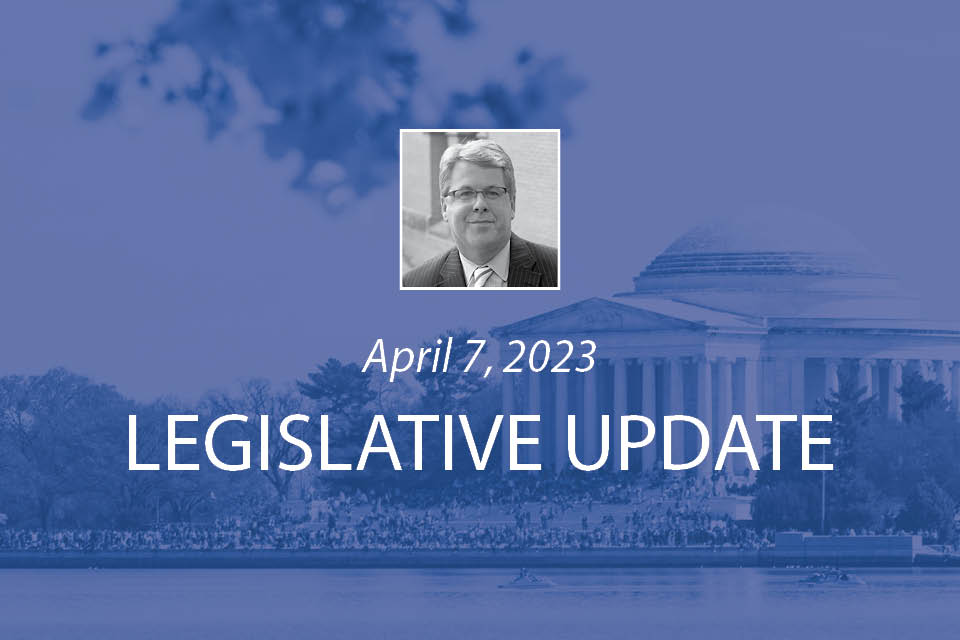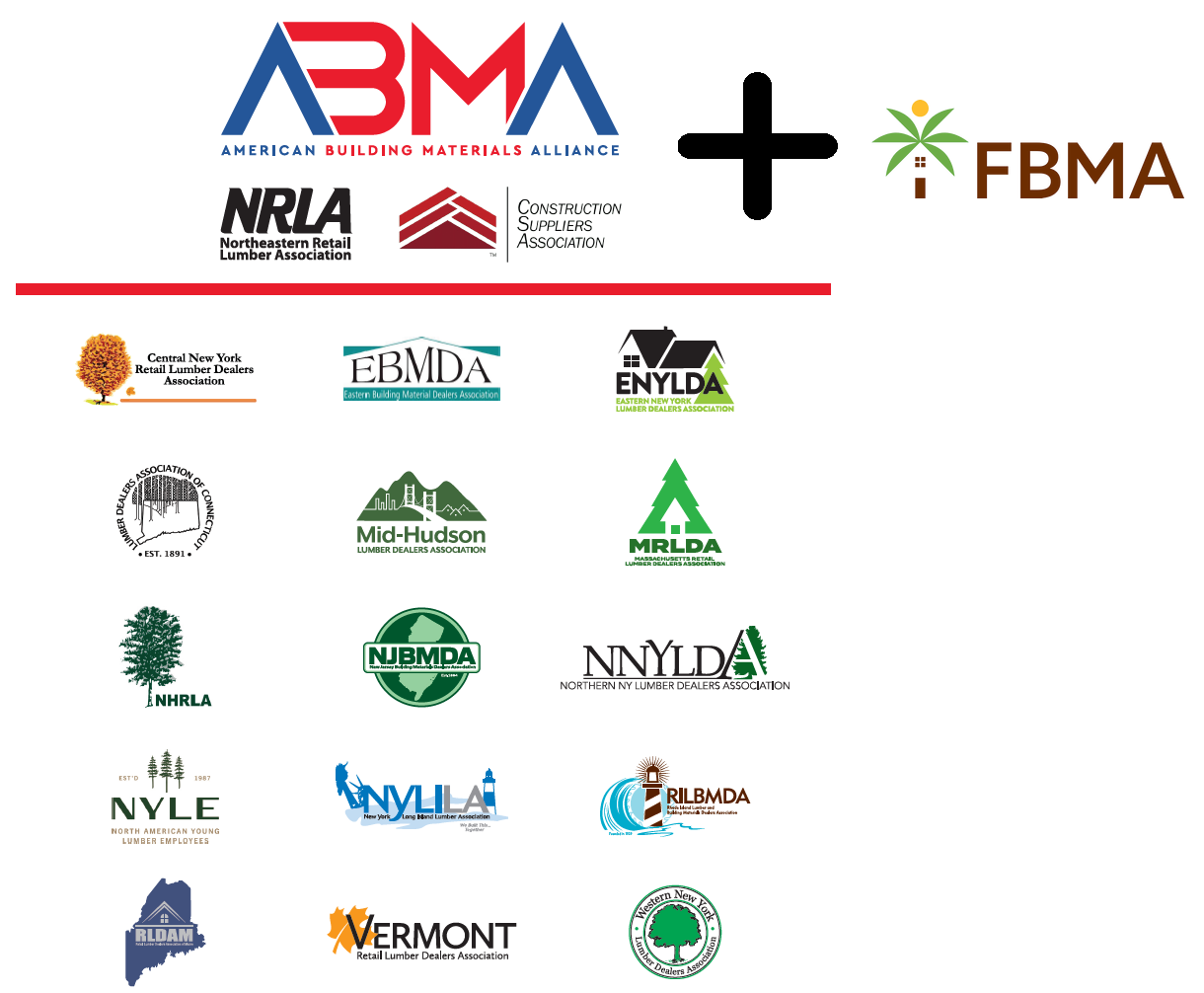Bonus Depreciation
Both the House and the Senate are in recess this week and next. Just before the Senate left town, Senator James Lankford (R-OK) reintroduced legislation to make permanent the 100 percent bonus depreciation provision that was authorized by the 2017 Tax Cuts and Jobs Act (TCJA). This is an AMBA priority this year and was a major issue discussed during our Advocacy Day in March.
Recall that at the beginning of 2023, same year full expensing of the cost of equipment and other investments in your business dropped down from 100 percent to 80 percent and will continue to decrease by 20 percent each year until fully phased out in 2027. Senator Lankford’s bill, titled the Accelerate Long-term Investment Growth Now (ALIGN) Act, would extend the 100 percent bonus depreciation provision in perpetuity, retroactive to January 1, 2023.
So far, the bill has only Republican cosponsors. They are Senators Jim Risch (R-ID), Marco Rubio (R-FL), John Barrasso (R-WY), Mike Braun (R-IN), Marsha Blackburn (R-TN), Todd Young (R-IN), Steve Daines (R-MT), John Boozman (R-AR), John Thune (R-SD) and Tim Scott (R-SC). ABMA is hearing from our contacts on Capitol Hill that Rep. John Larson (D-CT) will be the Democrat co-lead in the House on a similar measure and that it will be introduced after Congress returns to Washington later in April.
Endangered Species Act
Last week, Rep. Pete Stauber (R-MN) was joined by 9 Republican House members in introducing a Congressional Review Act (CRA) resolution (H.J. Res. 49) that expresses Congressional disapproval of the U.S. Fish & Wildlife’s decision to uplist the Northern Long Eared Bat (NLEB) from “threatened” to “endangered” and deems that the rule should not take effect. An identical resolution (S.J. Res. 24) was introduced in the Senate by Senator Markwayne Mullin (R-OK) and joined by 10 Republican Senators. The concern around the uplisting involves the wood harvesting restrictions that this action may prompt.
When the NLEB was first proposed to be listed as endangered in 2015, the USFWS released draft guidance that would have largely shut down forest management activities from April to October in the bats’ 38 state range. The bat resides in every region of the country except the West and is perishing not from forest disturbance, but from a fungal disease known as White Nose Syndrome. The disease is killing other bat species at alarming rates as well.
The CRA resolutions in the House and Senate are largely messaging efforts. While they may pass Congress, the measure would certainly be vetoed by President Biden. Moderate Democrats in both chambers would vote for passage of these measures, but there are insufficient votes to reach a two-thirds majority to override a Presidential veto. ABMA is tracking this issue as it affects our upstream links in the supply chain.




